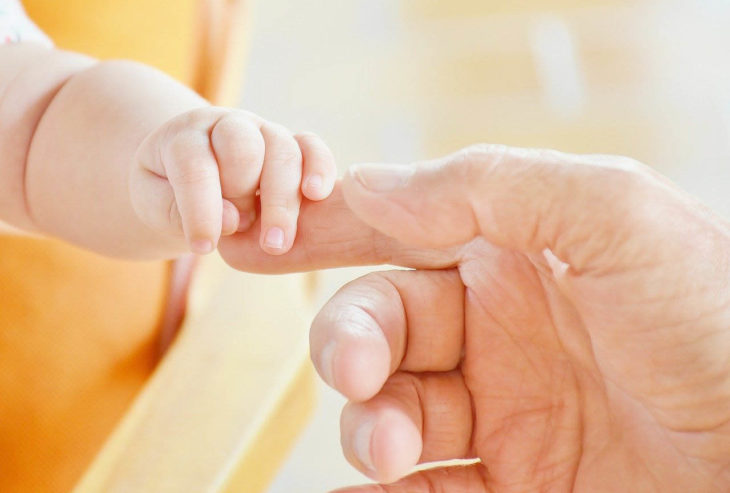
With all of the changing information regarding COVID-19 and its variants the CDC and physicians continue to stand firm in their recommendation that pregnant people obtain the vaccine. The CDC strongly encourages the COVID-19 vaccination for all people 12 years and older, including people who are pregnant, breastfeeding, trying to get pregnant now or might become pregnant in the future. The vaccine is safe. There is zero evidence that the vaccine interferes with fertility or adversely affects your unborn baby.
On the flip side, not obtaining a COVID-19 vaccine leaves you especially vulnerable for contracting the virus and poses a significant threat to both you and your pregnancy. Pregnant people are more likely to experience serious effects of the illness and are more likely to die from COVID-19. In fact, according to the CDC 171 women died from COVID-19 this year, 22 in August alone.
Pregnancy causes many changes to your body including temporarily compromising your immune system. Because of your diminished immune response, you are more vulnerable to viral infections, especially respiratory infections. COVID-19 triggers a respiratory tract infection. The infection attacks either your upper respiratory tract (nose, throat, sinuses) or your lower respiratory tract (windpipe and lungs). As we’ve witnessed a COVID infection may become deadly in a short amount of time, especially for those with underlying conditions.
How COVID Affects Your Unborn Baby
How does all of this impact your pregnancy? And does COVID cause problems for your baby?
Here we break it down for you with all of the latest information available.
COVID-19, for the most part, doesn’t cross the placenta in the majority of infants born to infected mothers. Only about 5% of those babies whose mothers test positive for COVID-19 are born infected. That’s the good news.
Now for the bad news. When a pregnant person contracts a COVID-19 infection, they have triple the risk for a serious infection meaning ICU admission and invasive ventilation. Pregnant people have a 70% higher mortality rate than the average person who is COVID-19 positive. This often means a premature delivery in an effort to save the baby.
The Risks of Premature Birth
Premature birth is extremely risky for an infant. Depending on their level of development it could lead to lifelong complications from respiratory problems, heart issues, impaired mental development, immune system impairments and a whole slew of other issues.
The chance for preterm birth, which occurs at less than 32 weeks gestation, is 60% higher for those who contracted COVID-19 at any point in their pregnancy. The risk of giving birth at less than 37 weeks is 40%. For those pregnant people who have such underlying conditions as hypertension, diabetes and/or obesity along with COVID-19 the risk is a staggering 160% higher for preterm delivery.
The Risk From Fever
Another risk pregnant people face is from the fever that accompanies the virus. In 99% of all COVID-19 cases patients present with a high fever (100°-102°) which can last for several days. A high fever in early pregnancy presents a risk to development of the fetus.
A fever during the first eight weeks of pregnancy interferes with development of the jaw and heart, causing your baby to develop a congenital heart defect or certain facial deformities like cleft palate or cleft lip. Those who experience a fever in early pregnancy are also twice as likely to have a baby with neural tube defects such as spina bifida. This often occurs while people are unaware they are pregnant.
How to Prevent COVID from Affecting You Baby
So, the bottom line for those people who are pregnant or who are trying to conceive is this: Get vaccinated. If you have underlying conditions or a reason preventing you from obtaining the vaccine, speak with your physician about the steps you must take in order to prevent a COVID-19 infection.
Unfortunately, COVID-19 and its variants look to be around for a while. Protect yourself and your unborn child as much as you can. While breakthrough infections do happen, they are rare, far less severe and therefore pose a much lower risk to your unborn baby.
For more information about the latest COVID-19 threats, questions regarding the vaccine or any concerns about your fertility please contact LA IVF. And continue to practice social distancing, wear your mask and wash your hands or use hand sanitizer, and keep yourself as healthy as possible, especially if you are not yet vaccinated.


